Publications
Articles, publications, books, tools and multimedia features from the U.S. Institute of Peace provide the latest news, analysis, research findings, practitioner guides and reports, all related to the conflict zones and issues that are at the center of the Institute’s work to prevent and reduce violent conflict.
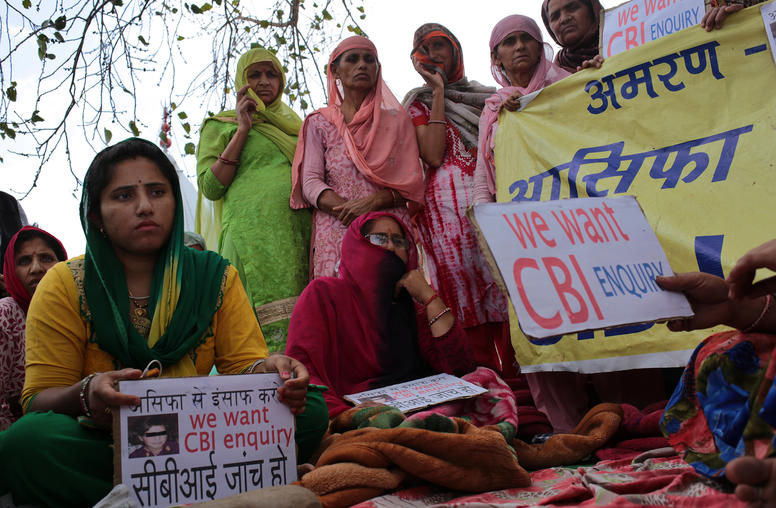
To Build Peace, Boost the Women Who Lead the Movements
Images of this year’s grassroots movements for social and political change—such as the ouster of authoritarian rulers in Sudan and Algeria—reiterate that women worldwide are driving campaigns that can strengthen democracy and reduce violent conflicts. Yet 20 years after the United Nations proclaimed the need for women at the center of the world’s peacebuilding and stabilization efforts, they remain marginalized in those official processes. So when USIP and a program at the University of Denver organized a training initiative this summer for 14 women leading civic movements for social change, a message glared from the mountain of nominations received from experts and groups working on the world’s violent crises.
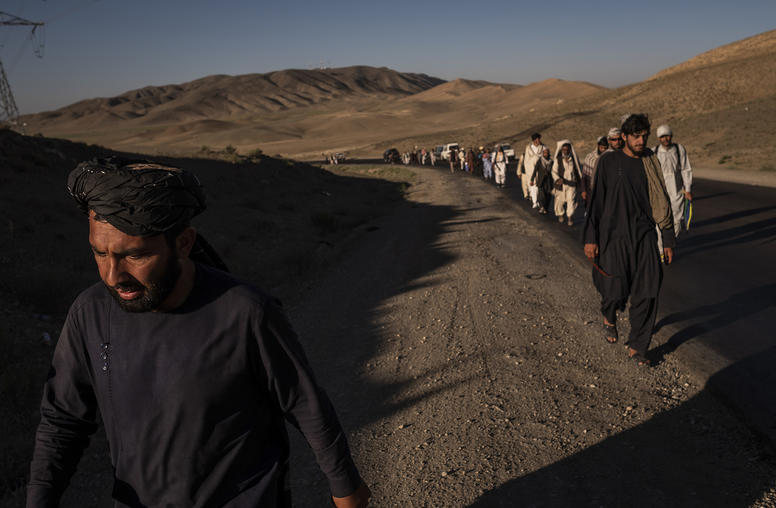
Afghan peace talks are damaged, but not yet broken.
President Trump’s weekend announcement of a halt to U.S. peace talks with Afghanistan’s Taliban—including a previously unannounced U.S. plan for a Camp David meeting to conclude that process—leaves the future of the Afghanistan peace process unclear. USIP’s Andrew Wilder, a longtime Afghanistan analyst, argues that, rather than declaring an end to the peace process, U.S. negotiators could use the setback as a moment to clarify the strategy, and then urgently get the peace process back on track before too much momentum is lost.
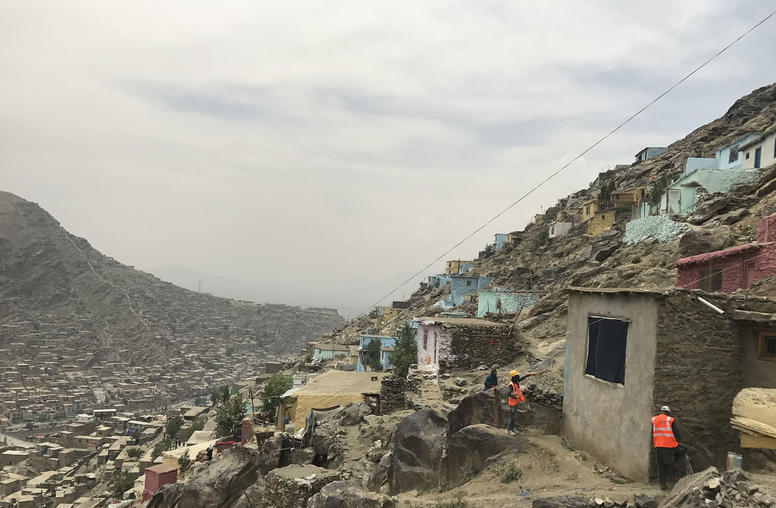
A Rift Over Afghan Aid Imperils Prospects for Peace
As the United States has pursued peace talks with the Taliban, international discussions continue on the economic aid that will be vital to stabilizing Afghanistan under any peace deal. Yet the Afghan government has been mostly absent from this dialogue, an exclusion exemplified this week by a meeting of the country’s main donors to strategize on aid—with Afghan officials left out. The government’s marginalization, in large part self-inflicted, is a danger to the stabilization and development of Afghanistan. In the interests of Afghans, stability in the region and U.S. hopes for a sustainable peace, this rift in the dialogue on aid needs to be repaired.
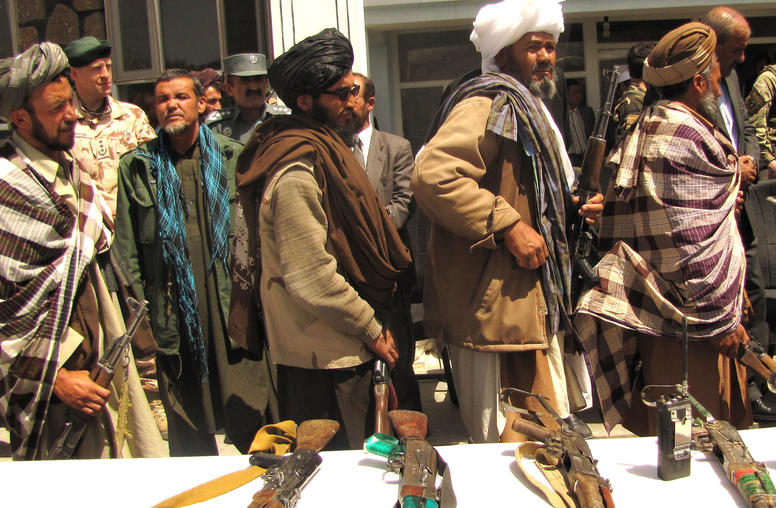
What are the Prospects for Power-Sharing in the Afghan Peace Process?
While the negotiations between the U.S. and the Taliban were recently thrown-off course, a peace agreement among Afghans remains an urgent priority. The U.S.-led negotiations over a phased drawdown of U.S. troops in exchange for a Taliban commitment to eschew terrorism and engage in intra-Afghan negotiations took nearly a year. Yet these talks excluded the Afghan government and other political elites and didn’t address the fundamental question of what it will take for Afghans to put a sustainable end to four decades of war: how will power be shared?
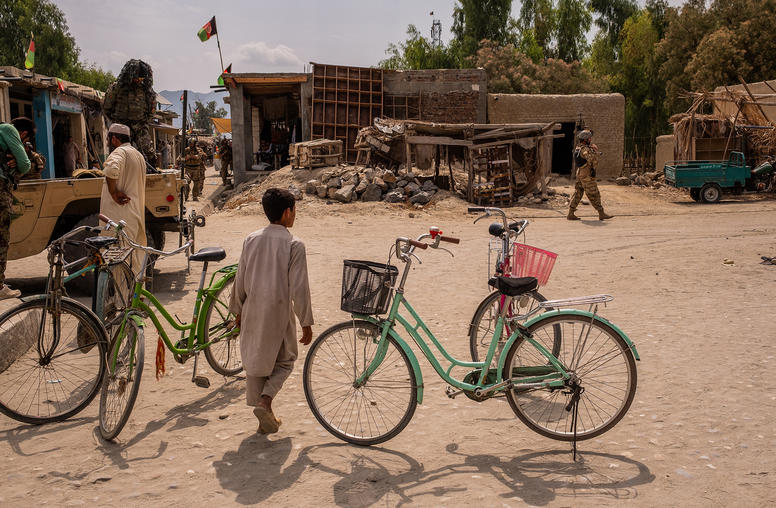
How to Revive an Afghan Peace Process
The halt to U.S. peace talks with the Taliban, announced September 7 by President Trump, should be used as a starting point for new negotiations, according to U.S. and Afghan specialists. The United States and Afghans have a chance to shape a new phase of talks to maximize the possibilities for a peace accord that Afghans can accept, the experts said at USIP. Some urged resuming talks as quickly as possible. Others argued for focusing first on unifying non-Taliban Afghans following the planned September 28 elections, and on exploiting war fatigue among the Taliban.
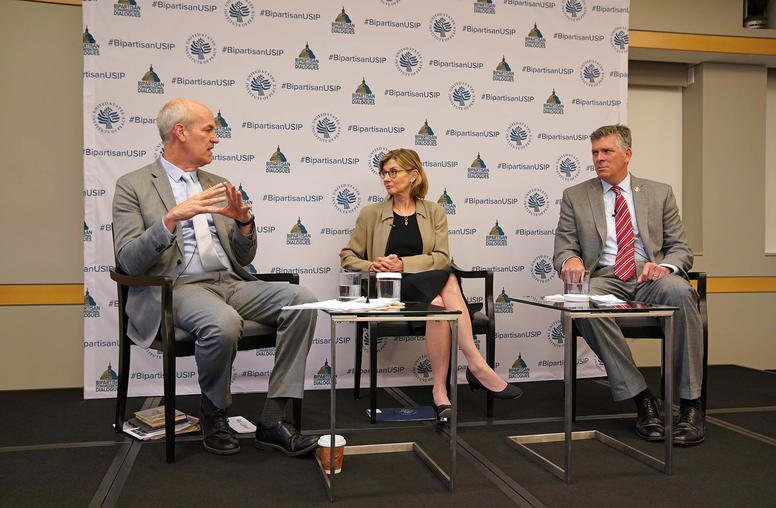
China Trade War: Risks and Strategies
The chances that trade talks scheduled to resume with China next month will result in any broad agreement with the U.S. are slim to none, said two members of a bipartisan congressional panel focused on U.S.-China relations. “It’s important that we keep talking,” said Rep. Rick Larsen (D-WA), the co-chair of the House of Representatives U.S.-China Working Group. “That’s a positive, but I haven’t seen anything that has changed to ensure that something would be different” when U.S. and Chinese trade officials are scheduled to sit down again in early October.
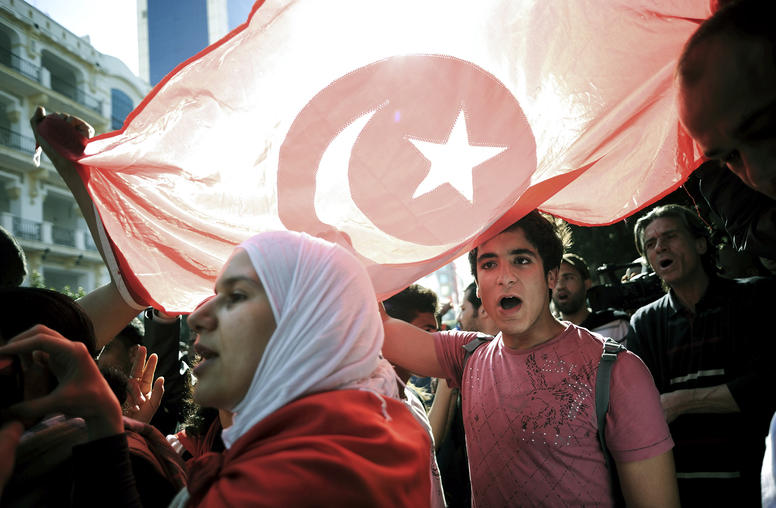
Tunisians Show Support for Democracy, Disillusionment with Ruling Elite
The surprise results of Tunisia’s first-round presidential election gave a clear message to the country’s political establishment: Tunisians want change and they want it now. Neither of the two winning candidates set to face off in the second round have ever held political office nor are affiliated with the political parties that have led Tunisia’s transition. Many of the issues that sparked the uprising eight years ago—like corruption and unemployment—continue to bedevil the North African nation. Yet the first-round vote demonstrates that Tunisians aren’t willing to give up on democracy and want new leaders.

Ethiopia’s Experiment in Reconciliation
In February 2019, the Ethiopian parliament adopted a landmark proclamation establishing a national reconciliation commission, the first-ever such institution in Ethiopia. Six months on, the commission has developed a three-year plan and begun consultations. But the body was formed without broad-based political consensus regarding its mandate, so has yet to win the critical trust of Ethiopia’s many social and political groups. Dr. Solomon Ayele Dersso discusses the mandate of this body, the challenges ahead, and how the commission could help build peace in Africa’s second most populous country.
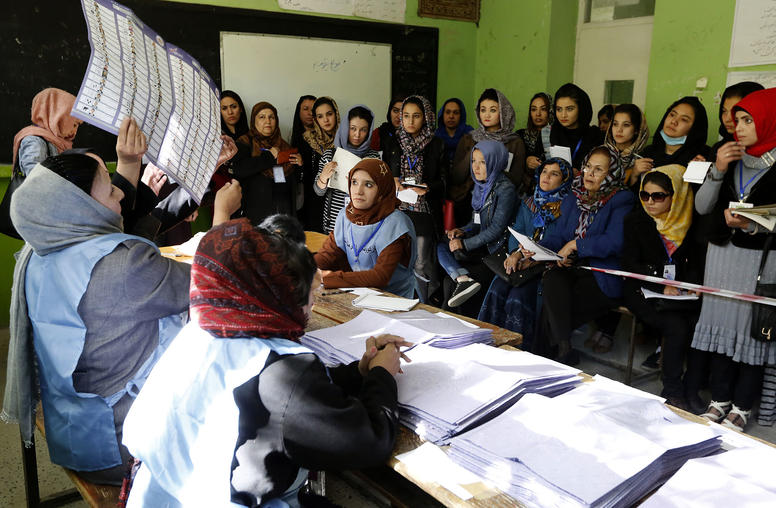
What to Watch for in Afghanistan’s Presidential Election
After several delays, Afghans will finally head to the polls on Saturday to elect their next president. The election comes amid an indefinite stall in the year-long U.S.-Taliban negotiations following the cancellation of a high-level summit earlier in the month. There has been a debate over the sequencing of elections and the peace process for months, but the vote will move ahead this weekend. As with all post-2001 Afghan elections, security risks and the potential for fraud and abuse loom over these polls. USIP’s Scott Worden and Colin Cookman look at how insecurity will impact the legitimacy of the vote and what measures have been taken to combat electoral mismanagement and fraud.
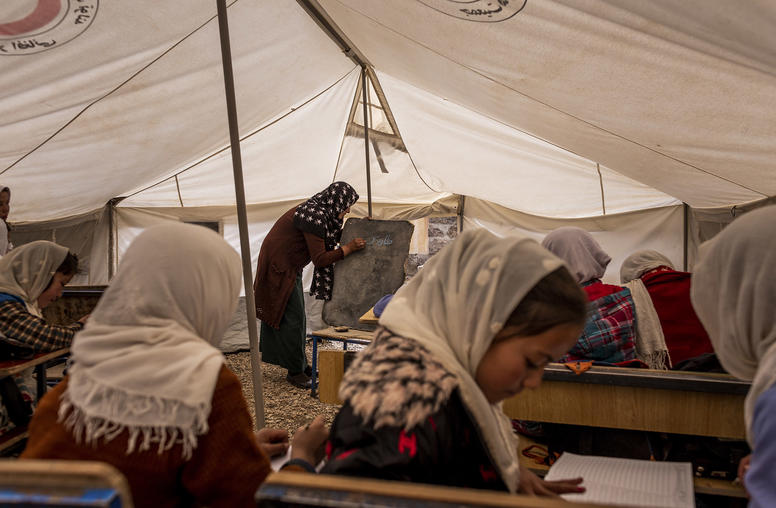
How to push Taliban for compromise? Ask the women doing it.
The halt in the U.S.-Taliban dialogue, plus Afghanistan’s September election, has forced a hiatus in formal peace efforts in the Afghan war—and that creates an opening to strengthen them. A year of preliminary talks has not yet laid a solid foundation for the broad political settlement that can end the bloodshed. While talks so far have mainly excluded Afghan women, youth and civil society, the sudden pause in formal peacemaking offers a chance to forge a more inclusive, and thus reliable, process. Even better, a little-noted encounter in Qatar between women and Taliban leaders signals that a broader process is doable.